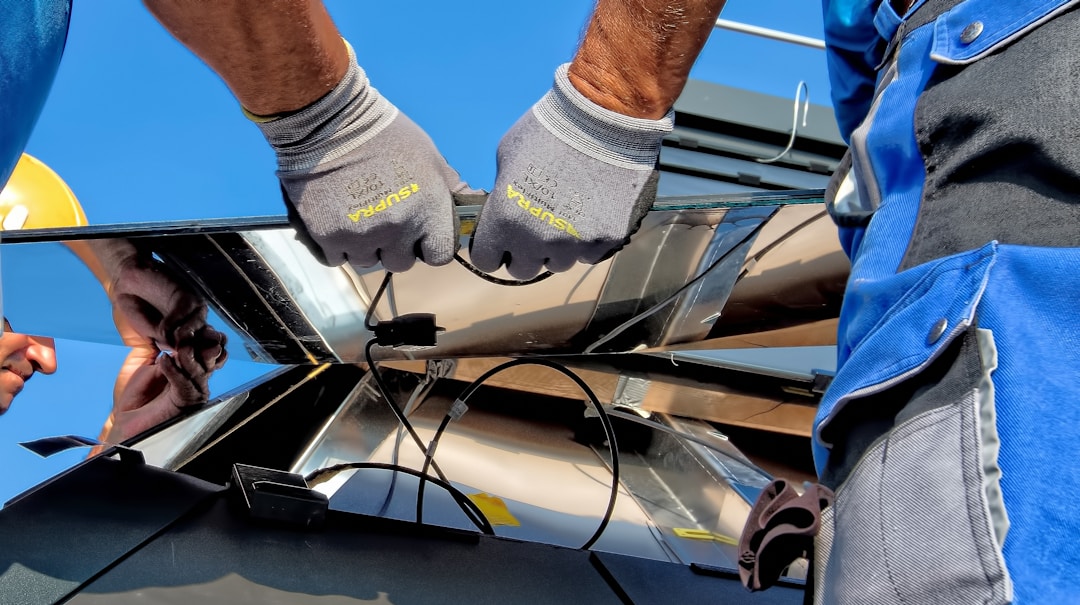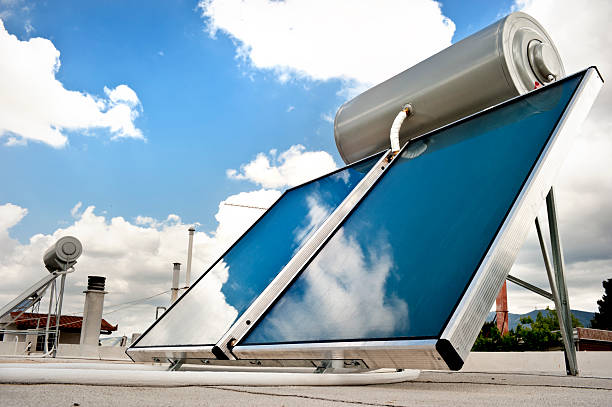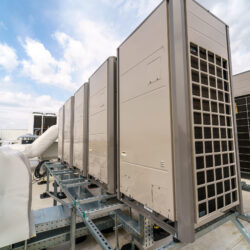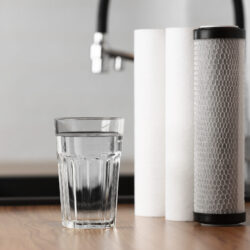A solar domestic hot water system or solar water heater is a highly cost-effective way to generate hot water for your home. They are suitable for any climate, making them a popular choice for environmentalists from all regions.
Types of solar water heaters include direct circulation systems, indirect circulation systems, integral collector-storage passive systems, and thermosyphon systems. Each of these systems efficiently generates hot water. However, you may want to consider your specific requirements before choosing one.
How do solar water heaters work?

Solar water heating systems are made up of two parts. Firstly, the solar panels that heat water. Once the solar panels have done their part, the heated water is then delivered to a storage tank. An active heating system includes additional components like circulating pumps and controls. Passive systems, on the other hand, do not. Each design is fueled entirely by sunshine.
Active Solar Water Heating Systems

Active solar water heating systems are a bit more complex than their passive system alternatives. There are two different types of active solar heating systems: Direct and indirect circulation systems. Direct circulation systems circulate water through the collectors for use in your household. This particular solar water heating system is the best choice for climates that rarely or never experience freezing temperatures.
Indirect circulation systems circulate a heat transfer fluid through the collectors and a component called the heat exchanger. This heat transfer fluid is non-freezing, making the indirect circulation system a prime selection for homes in climates prone to freezing temperatures.
Passive Solar Water Heating Systems
One perk to investing in a passive solar water heating system is that they tend to be more inexpensive than their active system counterparts. Passive systems are reliable and may endure longer than active systems. The downside to passive systems is that they are usually not as efficient as active systems. The first passive system variant is called the integral collector-storage system. The integral collector-storage system is most suitable for areas that rarely experience freezing temperatures. These systems are most popular in households with a significant need for hot water during daytime and evening hours.
Another passive heater option is the thermosyphon system, which is highly reliable. However, they contain heavy storage tanks. If you are considering implementing a thermosyphon system, your roof must sustain installation and hold the tank’s weight. Water flows through a thermosyphon system when warm water rises and cool water sinks. For this reason, the collector must be installed below the storage tank to allow warm water to flow up and into the tank. These systems are more expensive than others, but they often come complete with a backup system.
Do solar water heating systems work when it’s overcast?

On cloudy days or times that require an increased amount of hot water, like when you have company staying over, you may need a backup system. Thankfully, conventional storage water heaters are often already a part of the solar system package, like in the thermosyphon model. The backup system you may need also varies depending on the type of solar heating system you have. For instance, an integral-collector storage system already stores the hot water it generates, so it may be backed up with a tankless water heater.
When selecting a solar water heater for your home, a few things to consider include your current climate, roof stability, energy efficiency, and solar resources. A solar system may not be the best choice for environments that lack regular sunshine and are subjected to consistent freezing temperatures.
However, for the proper household, solar heating systems have the potential to save your heater energy costs by up to fifty percent. The money you may save is dependent on the amount of hot water required and the cost of conventional fuel. Since solar water heaters are powered solely by sunlight, households with these systems don’t have to worry about fuel shortages or fluctuations in prices.






